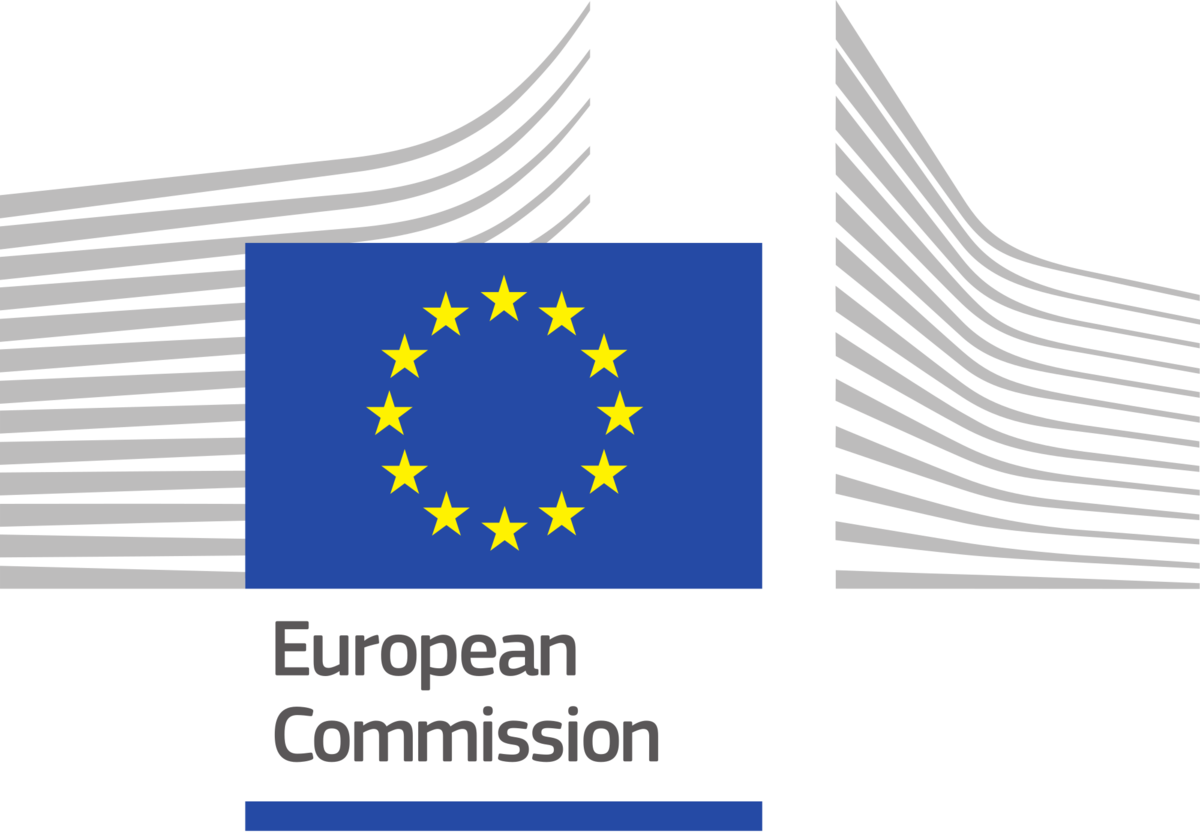Resilient farming by adaptive microclimate management (StarGate)
| Title | Resilient farming by adaptive microclimate management |
| Abbreviation | StarGate |
| Programme | Horizon 2020 |
- The Centre for Research and Technology-Hellas (Greece) (lead partner)
- Galilee Research Institute (Israel)
- VUMOP – Research Institute for soil and water conservation (Czech Republic)
- AgriSat Iberia SL (Spain)
- Neuropublic (Greece)
- GAIA EPICHEIREIN SA (Greece)
- Vidzeme University of Applied Sciences (Latvia)
- Agro Apps I.K.E (Greece)
- Meteoblue AG (Switzerland)
- Pessl Instruments GmbH (Austria)
- Innovagritech srl. (Italy)
- Doiseco Unipessoal LDA (Portugal)
- Aristotle University of Thessaloniki (Greece)
- South Moravian region (Czech Republic)
- Institute of Bioorganic Chemistry of the Polish Academy of Science (Poland)
- Institute of Applied Informatics (Germany)
- Upper Galilee Regional Council (Israel)
- Asplan Viak Internet (Norway)
- Rostenica (Czech Republic)
- Wireless Info (Czech Republic)
- Crevis Sprl (Belgium)
- Portuguese Innovation Society (Portugal)
- G.K. Kefalas Georgiki (Greece)
- Flemish Institute for Technological research (Belgium)
- Lesprojekt Sluzby Ltd (Czech Republic)
The purpose of the project
- To develop a state of affairs and a detailed requirements’ analysis for CSA.
- To shape a stakeholder community and establish Living Labs.
- To develop observational data infrastructure and data management framework.
- To develop and provide climate services and agro-climatic indicators.
- To develop methods and tools for decision making.
- To evaluate the STARGATE methodology and DSS (decision support system) in real condition pilots.
- To develop an outreach plan to maximize the society impact of STARGATE.
- To develop an exploitation plan to maximize the business potential of STARGATE.
- STARGATE overall objective is to co-design, co-create and co-validate a multiscale holistic methodology of Climate Smart Agriculture (CSA), that will help farmers and policymakers to achieve short and long-term adaptation to climate change, while the STARGATE innovations in microclimate and weather risk management, and in the field and regional landscape design will promote the resilience of farming systems.
Activities
- Building a STARGATE Living Lab users community that actively participates in the processes of design, development, validation and uptake of the proposed DSS.
- Collecting and analysing the data that will lead to a thorough review of the current situation in the agricultural production system, finding the linkage between rural policies as well as EU’s Agri-environmental and climate measures (CAP’s second pillar) and climate adaptation strategies, and understanding the socioeconomic and socio-cultural aspects of climate smart agriculture following a multi-actor participatory approach.
- Collecting, fusing and improving the potential of incoming data through their integration. The data will include: Meteorological data, Earth Observation, data, Sensors, Crowdsourcing, Biophysical data (Landscape Land Use,, Land Cover, DEM, Soil Maps, Climatic Maps).
- Operational production and provision of weather and climate information for different time scales that will be used to help farmers to make climate smart decisions and policy makers to assess the effect of different land uses and farming practices on mitigating climate change impacts.
- Developing a set of DSS for three potential domains: Farmers DSS focusing on Crop selection, Suitability toll hybrids, Crop rotation, Irrigation schedule, seeding, Tillage, Pesticides, Fertilization; Policies DSS focusing on Landscape/Land use management, Impact analysis, Subsidies, Risk management DSS focusing on early warning for extreme events and on system for Insurance.
- Pilot testing - demonstrate the STARGATE prototypes at commercial plot scale in representative regions and crops (selection of cereal, wheat, corn, potato, sunflower, rape, tomato, onion, other vegetables, vine, fruit trees), by deploying, pilot-implementing, and validating them in campaign mode in all pilot areas in a joint venture of the local multi-actor communities.
Results
- Design criteria and methodology for forming a Living Lab in an Agricultural Sector / for agri-food systems. Stakeholder maps for six pilot areas and roadmaps to prosperous climate-smart farming.
- Method for downscaling the application of macro policies (EU, international) to micro policies (local) in agricultural production system and vice versa, when considering the knowledge of the socio-economic and sociocultural aspects of climate smart agriculture following a multi-actor participatory approach.
- Methods for discovery and accessing data stored in different repositories and different formats.
- New irrigation management plan that reflects on agri-food system development considering future climatic scenarios with respect on climate change.
- DSS focusing on Crop selection, Suitability toll hybrids, Crop rotation, Irrigation schedule, seeding, Tillage, Pesticides, Fertilization, Policies; DSS focusing on Landscape/Land use management, Impact analysis, Subsidies, Risk management; DSS focusing on early warning for extreme events a and on system for Insurance.
- Context-based models of Living Labs ecosystems and their application in agri-food systems.
- Application of method for risk management when coping with the impact and consequences of climatic changes (e.g. estimation of irrigation impact on the fields and crops taking into consideration temperature, precipitation, soil type and crop growth models among other parameters, under future climate transitions).
Budget
Total budget: 6 994 405 EUR
Vidzeme Planning Region: 134 250 EUR
Implementation time
01.10.2019. - 31.09.2023.
Contact person
Maija Rieksta
Mob. tel.: +371 26099521
e-mail: maija.rieksta@vidzeme.lv


